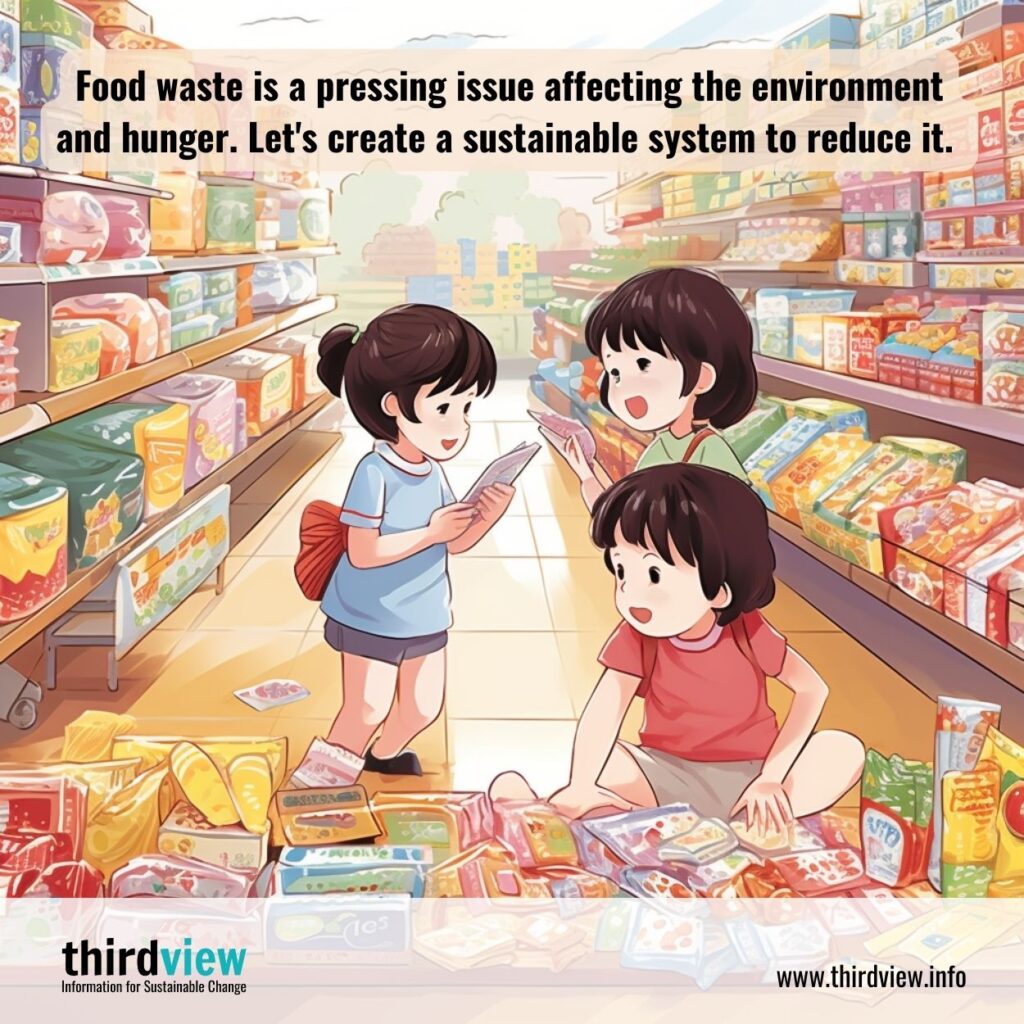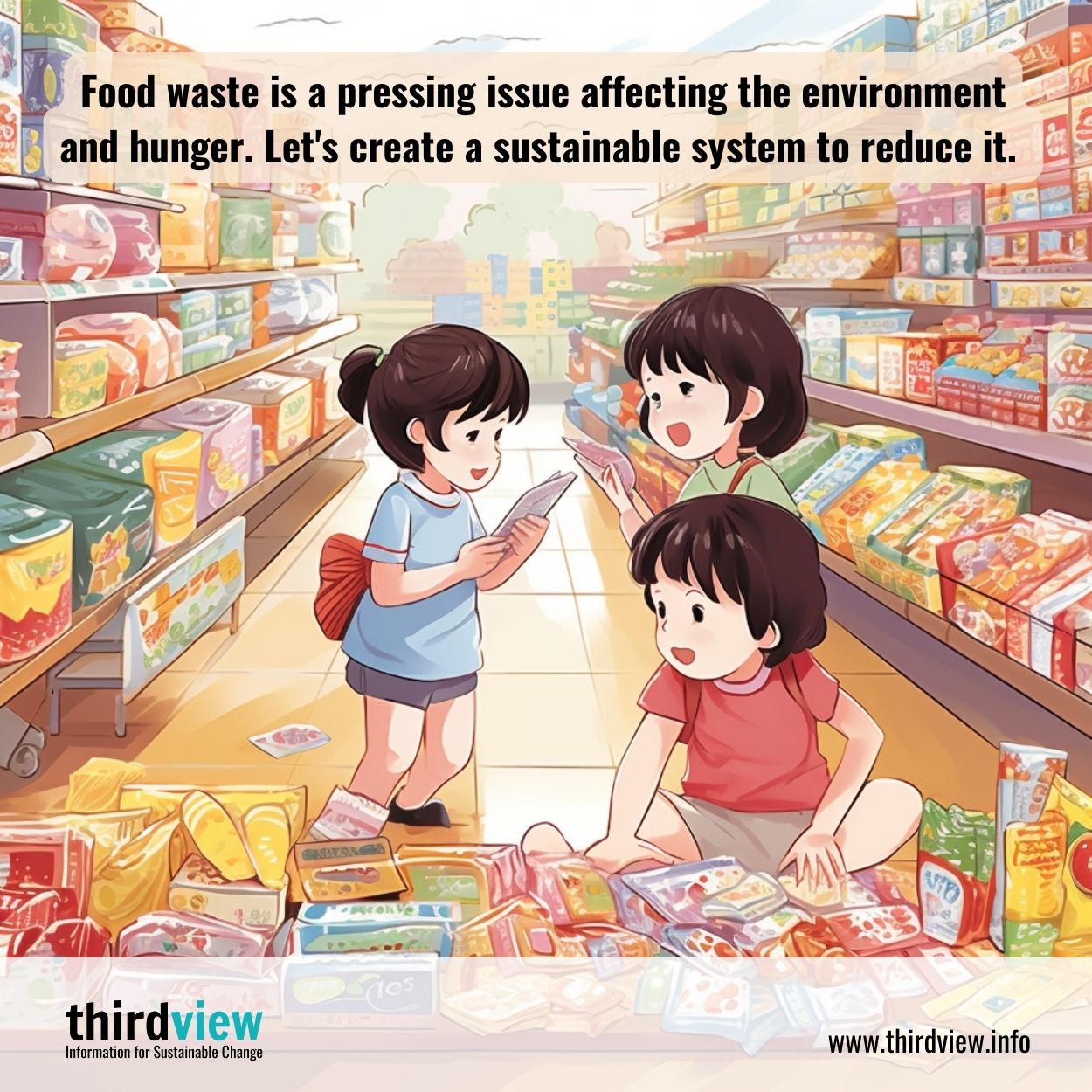Food waste is a critical issue that has plagued our economy for far too long. It not only affects the environment but also contributes to hunger and poverty. Yet, the good news is that there’s much we can do to reduce food waste and create a sustainable system. In this post, we’ll be discussing how we can create a sustainable system in our economy to reduce food waste.
Identifying the causes of food waste
One of the essential steps in creating a sustainable system to reduce food waste is to identify the causes of food waste. There are several reasons why food waste exists, from poor storage and transportation practices to overproduction and overbuying by consumers. By identifying and addressing the root cause of food waste, we can reduce the amount of food wasted across the economy.
Encouraging sustainable farming practices
Another way to create a sustainable system to reduce food waste is by encouraging sustainable farming practices. Sustainable agriculture not only reduces waste but also promotes soil health and biodiversity. Farmers can use techniques like crop rotation and intercropping to improve soil fertility and increase yield. Additionally, reducing the use of chemicals, pesticides, and synthetic fertilizers can also help reduce food waste.
Implementing food waste reduction strategies
Implementing food waste reduction strategies can also help create a sustainable system. For instance, retailers can use technologies like predictive ordering and dynamic pricing to reduce overstocking and waste. Food banks can also work with manufacturers, retailers, and farmers to rescue surplus food and distribute it to people in need. Consumers can also get involved by buying only what they need, learning to compost and cook leftover food, and supporting local food businesses.
Creating a circular economy
Creating a circular economy is also an effective way to reduce food waste sustainably. A circular economy is a regenerative system where waste is minimized, and resources are conserved. In a circular economy, food waste can be converted into valuable resources like energy, fertilizer, and animal feed. By keeping resources in use and reducing waste, we can create a more sustainable economy.
Promoting education and awareness
Lastly, promoting education and awareness can help create a sustainable system to reduce food waste. Every individual plays a role in reducing food waste, and the more informed we are, the more effective our actions will be. Governments, NGOs, and businesses can work together to raise awareness about the effects of food waste and how we can all help in reducing it.
In conclusion, creating a sustainable system to reduce food waste is possible. It requires identifying the root causes of food waste, promoting sustainable farming practices, implementing food waste reduction strategies, creating a circular economy, and promoting education and awareness. By doing so, we can create a more sustainable and resilient economy and address key issues like hunger, poverty, and climate change in the process. So, let’s work together to reduce food waste and create a better world for the present and future generations.


